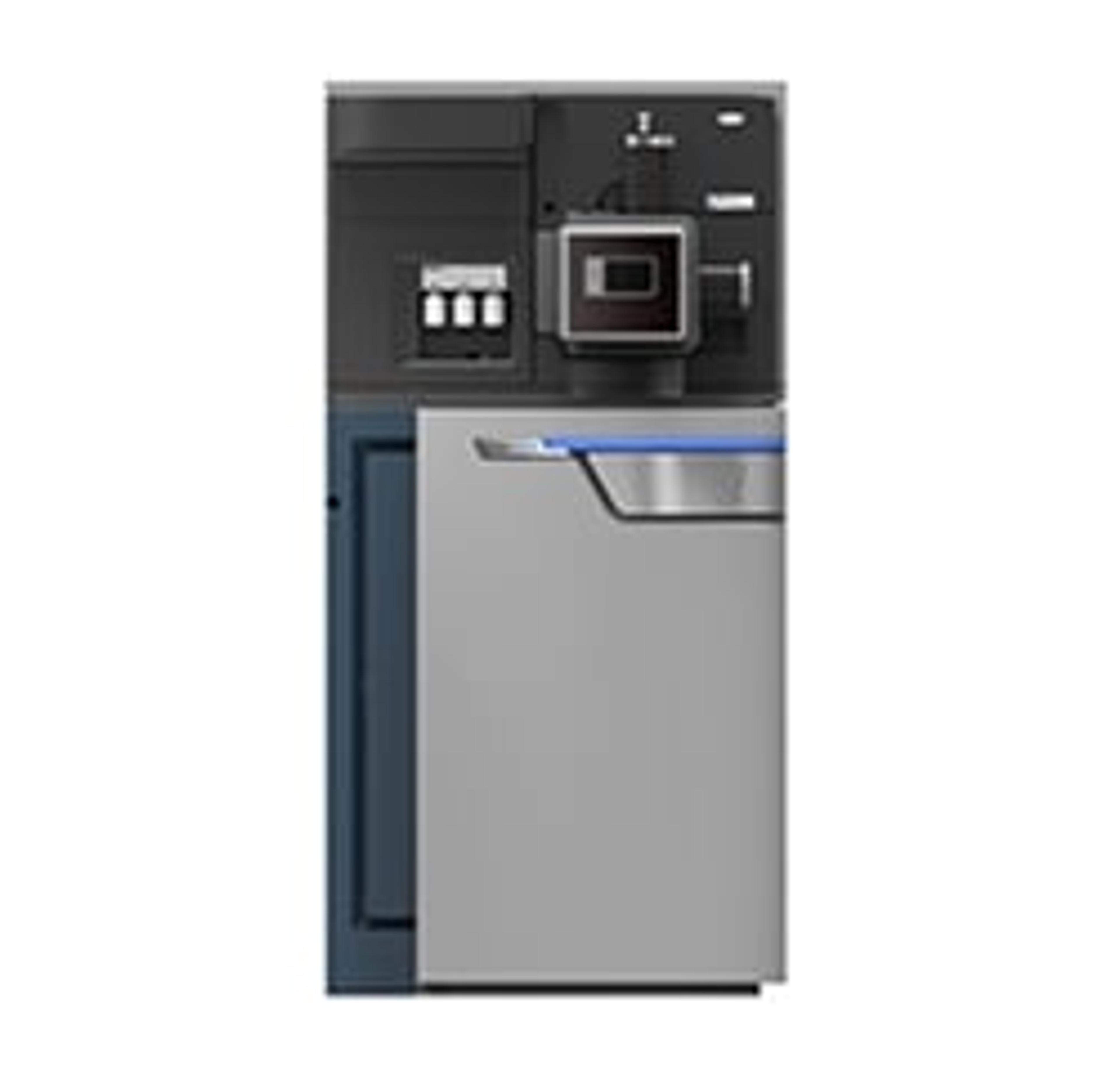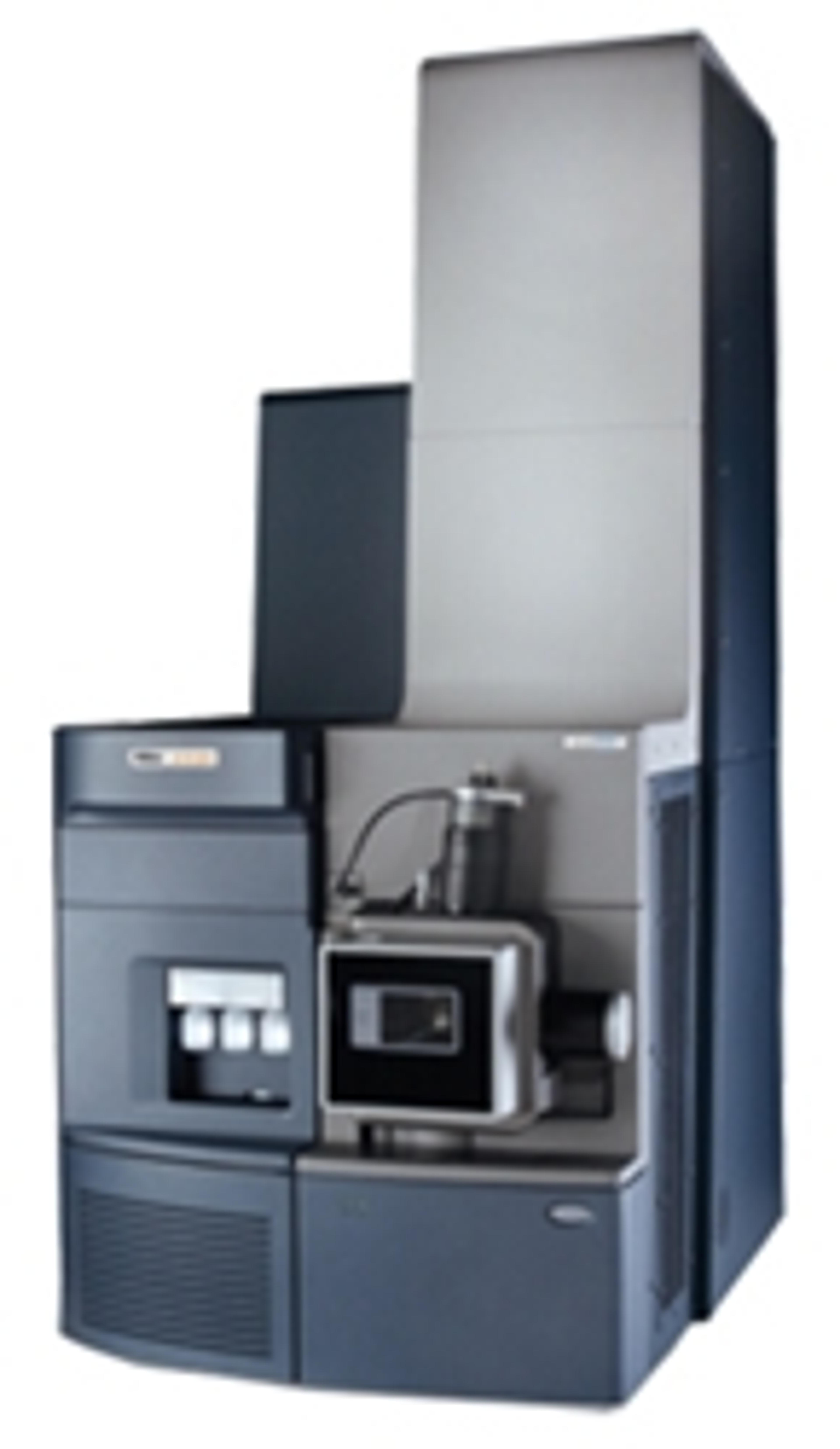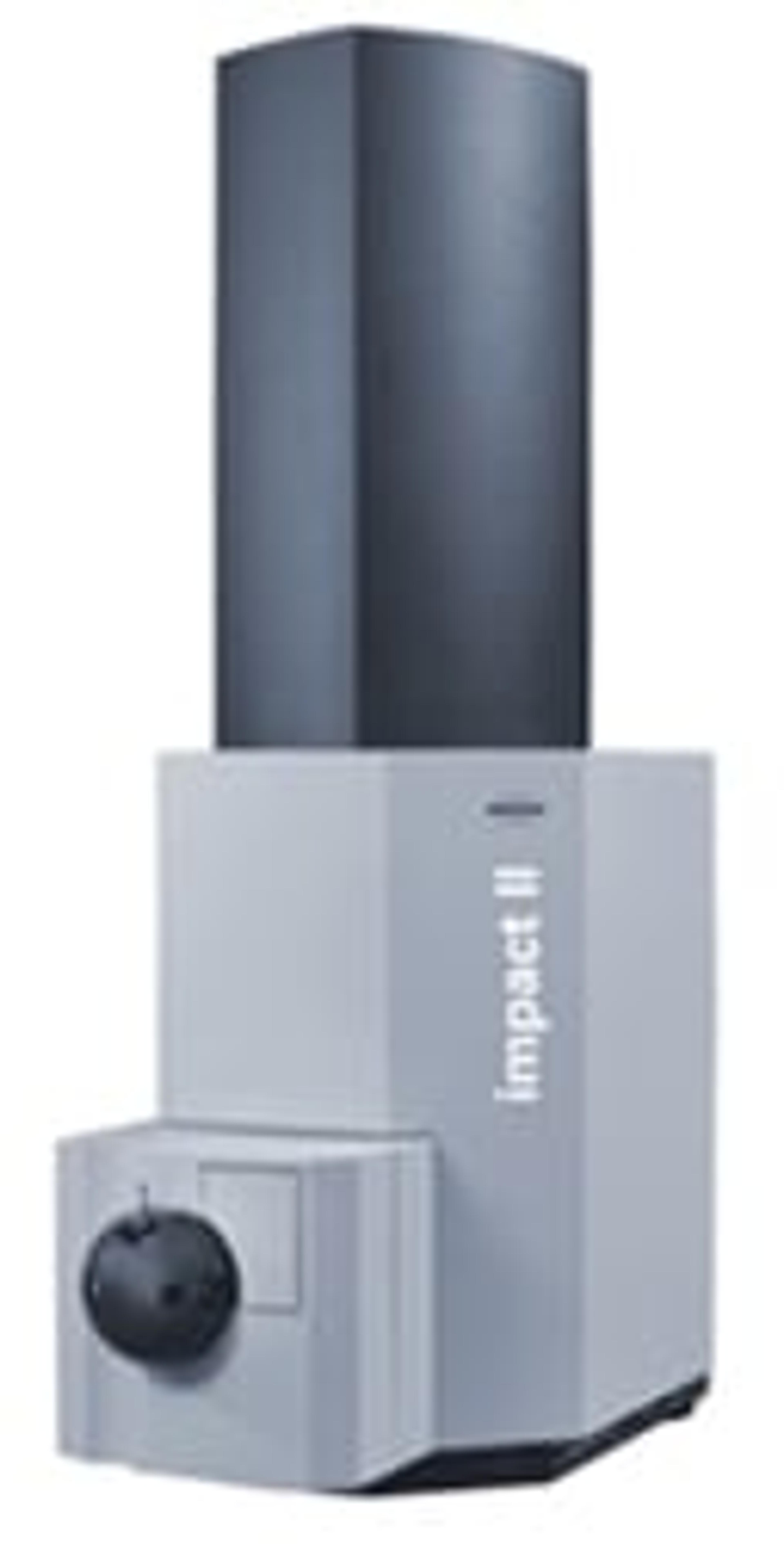7 Recent Advances in Mass Spectrometry – And How They Could Revolutionize Your Research
3 Aug 2014

1. New REIMS Technology Could Transform Surgery
Waters Corporation recently announced the acquisition of Rapid Evaporative Ionization Mass Spectrometry (REIMS) technology from MediMass Ltd. REIMS is the enabling technology for the iKnife, or Intelligent Knife, a device in the conceptual stages of development that will allow mass spectrometry to play a bigger role in clinical diagnostic research, including the potential for real-time diagnostics in surgery. In addition to its clinical applications, REIMS technology has the potential to break new ground in the area of food safety research. A real-time food test can check for contamination by instantly determining if a food is fresh, spoiled, or improperly labeled (i.e. beef vs horsemeat) – or identify deadly bacteria such as ecoli or salmonella – all in a single touch.
2. Redesigned Ion Source GC/MS/MS Enables Attogram Detection
Agilent Technologies Inc. recently introduced the 7010 Triple Quadrupole GC/MS System, featuring a totally redesigned ion source that is a radical departure from the conventional ion sources currently on the market. The new high-efficiency electron ionization (EI) source enables attogram detection limits – a first for any EI GC/MS/MS system.
3. Ultra-High Resolution Analysis with Enhanced Performance Levels
The new impact II system is the latest innovation in Bruker’s unique UHR-QTOF (ultra-high resolution Qq-time-of-flight) mass spectrometry product line, now with industry-leading >50,000 Full-Sensitivity Resolution (FSR). It offers further enhanced analytical performance levels for all applications where trace analysis from complex, high-background matrices is a challenge – such as proteomics, biomarker research, identification of impurities, or residue screening.
4. Faster Accurate Mass Analysis for Proteomic Research
When it comes to pursuing breakthroughs in proteomics research, there’s no such thing as too much scanning speed, as long as data quality remains high. Addressing this demand is the latest addition to the best-selling Q Exactive family of Thermo Scientific liquid chromatography-mass spectrometry (LC-MS) systems, the Thermo Scientific Q Exactive HF instrument.
5. New Quantitative Proteomics Analysis with 'Big Data' Solutions
AB SCIEX recently introduced the TripleTOF 6600 system with SWATH Acquisition 2.0 – the company’s revolutionary solution for quantitative proteomics. This high-resolution, accurate-mass system, combined with the new SWATH Acquisition 2.0, brings new power to proteomic data challenges for advanced biomarker discovery and systems biology.
6. Advances in DESI Technology for Clinical Mass Spec
Waters Corporation recently signed an agreement with Prosolia, Inc. for the exclusive rights to DESI (Desorption Electrospray Ionization) technology for clinical research applications, for use with Waters® time-of-flight mass spectrometers, including its SYNAPT® G2 Si and Xevo® G2-XS QTof mass spectrometers.
7. Improved Data Analysis Workflows for Biopharmaceutical MS Users
Genedata announced a new version of Genedata Expressionist for mass spectrometry, which helps MS users to automate and standardize data analysis workflows for faster characterization of biopharmaceutical at all stages of research and development.



